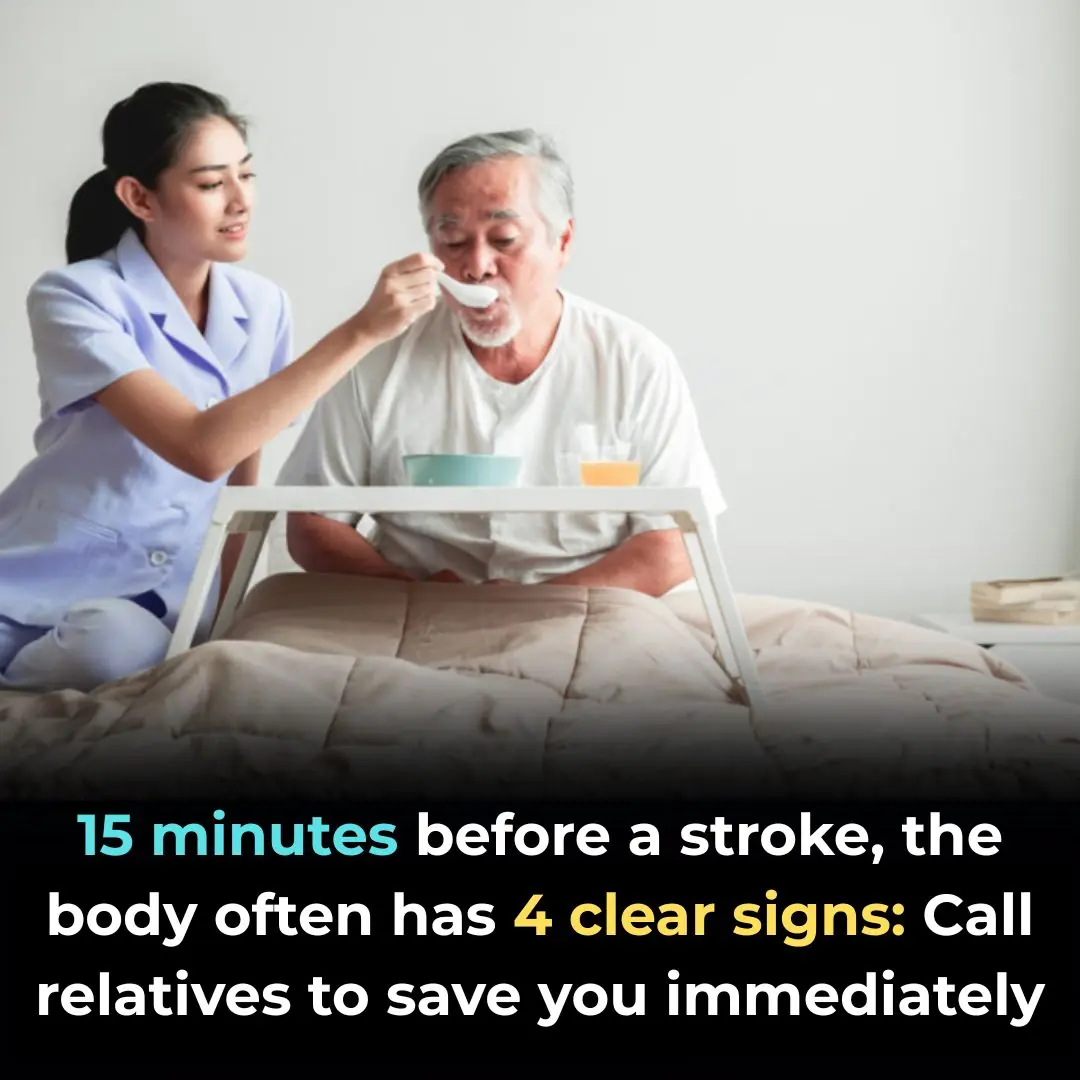
‘High-functioning alcoholic’ shares moment she realised it was a problem
Hospice Nurse Julie McFadden Opens Up About Her Journey Through High-Functioning Alcoholism: “I Thought I Was Fine—Until I Quit”
Julie McFadden, a hospice nurse and social media personality known for her candid insights into end-of-life care, has shared a deeply personal story about her battle with alcohol dependency. In a viral TikTok video that has resonated with millions, McFadden revealed that she once considered herself a “high-functioning alcoholic”—a term she now uses to help others understand the often-misunderstood nature of addiction.
Living Behind a Facade
“I did not drink every day. I still had a job. I had never been to jail, never had a DUI,” McFadden told her 1.7 million TikTok followers (@hospicenursejulie). “In fact, many close people in my life would not have considered me an alcoholic” (LADbible, 2025 LADbible).
From the outside, McFadden appeared to have everything together. She was professionally successful, socially active, and maintained a stable lifestyle. But internally, she knew something was wrong. “I always knew I had a ‘thing’ with alcohol,” she said. “But I was still functioning pretty well, so who cares, right?”
What Is a High-Functioning Alcoholic?
The term “high-functioning alcoholic” isn’t officially recognized in medical literature, but it’s commonly used to describe individuals who are dependent on alcohol yet continue to meet daily responsibilities. According to the Priory Group, these individuals often maintain jobs, relationships, and social lives while hiding their addiction (Priory Group, 2025).
McFadden acknowledged that some in recovery dislike the term, but she believes it accurately describes her experience. “Alcoholism is so misunderstood in the world,” she said. “We have this image of what alcoholism is, and if you don’t fit that image, you ‘don’t need help.’ A lot of people suffer because of that, and I was one of those people for many years” (Internewscast, 2025 internewscast.com).
The Turning Point
Despite trying various methods to quit—retreats, exercise, church—nothing seemed to work. At age 33, McFadden made the decision to stop drinking entirely. But instead of her life improving, things got harder.
“My life got smaller,” she explained. “It was harder for me to go out in public and do things, see friends, work out, have hobbies. I thought my life was going to flourish. It was the opposite of flourish.”
The real breakthrough came when she confided in an acquaintance, who shared that her own mother had faced a similar struggle and found recovery through a 12-step program. Inspired, McFadden joined a program herself—and everything changed.
“That is when my sobriety truly took off,” she said. “I learned how to live sober and use a 12-step program to give me relief—relief that alcohol used to give me. I learned about alcoholism, what it meant to be an alcoholic. It’s not just about drinking, it’s about thinking.”
Eight Years Sober and Still Healing
Now eight years into her sobriety journey, McFadden continues to attend meetings and advocate for recovery. “It’s the biggest part of my life. It has shaped every part of my life and I feel recovered,” she said. “Alcoholism is still alive and well in this brain and I need to treat that. I can treat that with alcohol or I can treat it with recovery. Today, I choose recovery.”
Her story has sparked widespread support and opened up conversations about the hidden faces of addiction. By sharing her experience, McFadden hopes to challenge stereotypes and encourage others to seek help—even if they don’t fit the traditional image of an alcoholic.
News in the same category


Jennifer Hudson Credits Oprah Winfrey for Teaching Her the ‘Grace of the Spotlight’ — A Friendship Years in the Making

Tee it high, buy it low: Shop extended Prime Day golf deals before time runs out

Robin Williams' daughter begs people to stop sending 'disgusting' videos of her father to her

KISS legend Gene Simmons, 76, hospitalized after scary car crash in Malibu

Kylie Kelce has the best reaction to Taylor Swift’s raunchy ‘Wood’ song about brother-in-law Travis

50 Cent's extreme body transformation left people questioning whether it was actually real

NASA astronaut going to the Moon next year reveals bizarre act he plans to do moments before takeoff

Ben Stiller gives heartbreaking admission about 5-year separation from wife

Donald Trump reveals real reason why he's never drunk a drop of alcohol

Demi Lovato shows off her incredibly taut face as she wears a daring skin tight bodysuit at Coperni show during Paris Fashion Week

Kylie Jenner flaunts her curves in a plunging sheer black lace dress as she makes a showstopping entrance for Paris Fashion Week's Miu Miu show

Julia Fox Recalls Spending $68,000 on 'Hundreds' of Designer Items in 1 Night Using an Ex's Credit Card

Demi Moore Brings Back Her Iconic Bangs ‘For the First Time Since the Striptease Days!’

Inside Angelina Jolie’s plans to move from ‘unrecognizable’ America to Cambodia following Brad Pitt divorce

‘Trade For Shedeur Man SMFH’: NBA Star Dame Lillard Wants Raiders To Dump Pick-Prone QB Geno Smith While Dillon Gabriel Gets Dragged Into Backlash

How Hilaria Baldwin reacted to shocking ‘DWTS’ elimination during Disney Night

Kamala Harris Makes Surprise Appearance at Compton High Graduation After Chance Encounter With Student

Ballet Icon Misty Copeland Announces Retirement After 25 Groundbreaking Years
News Post

Ginger, Soursop, Sorrel, and Turmeric – The Miracle Drink
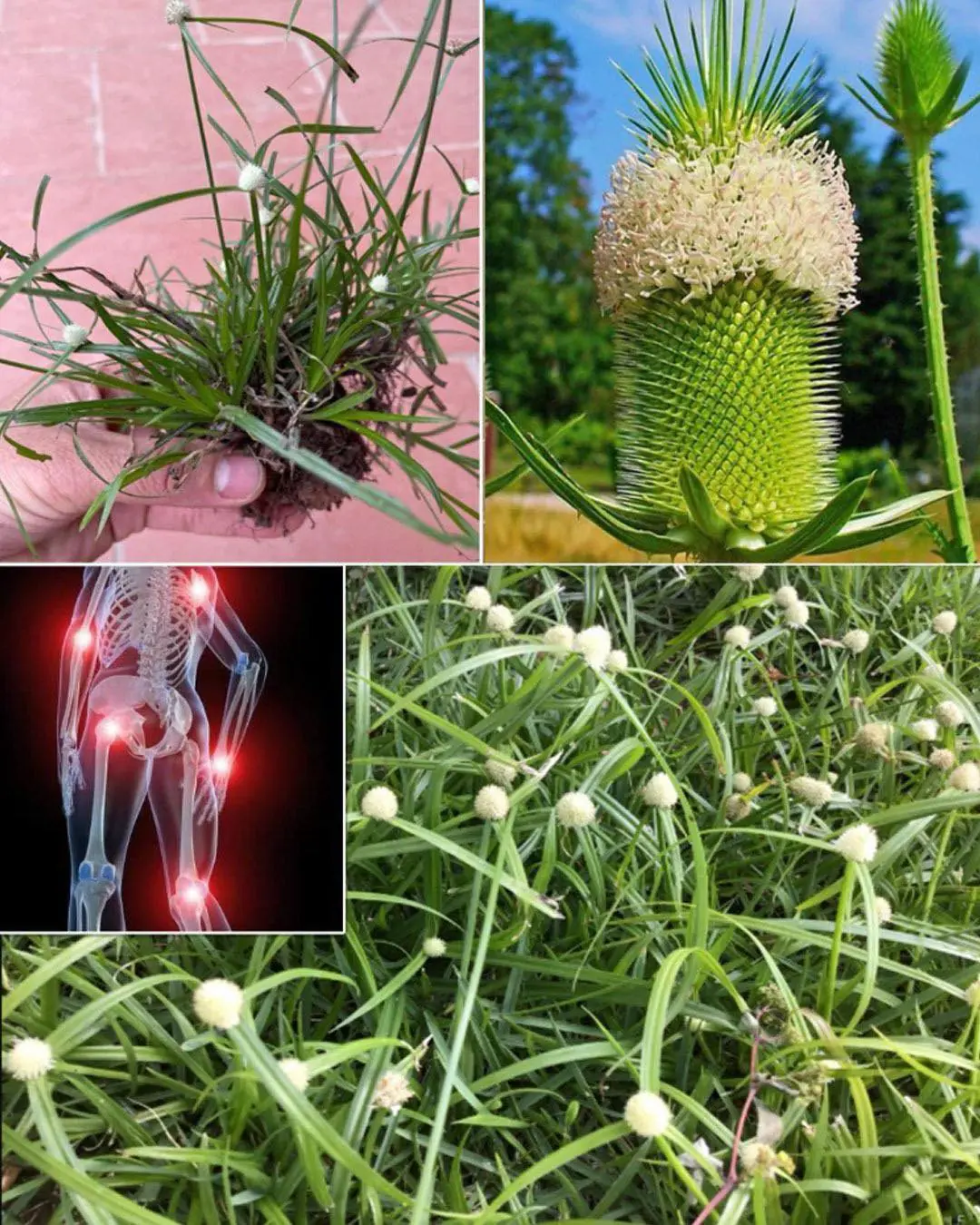
Kyllinga brevifolia (Rottb): Benefits and How to Use It
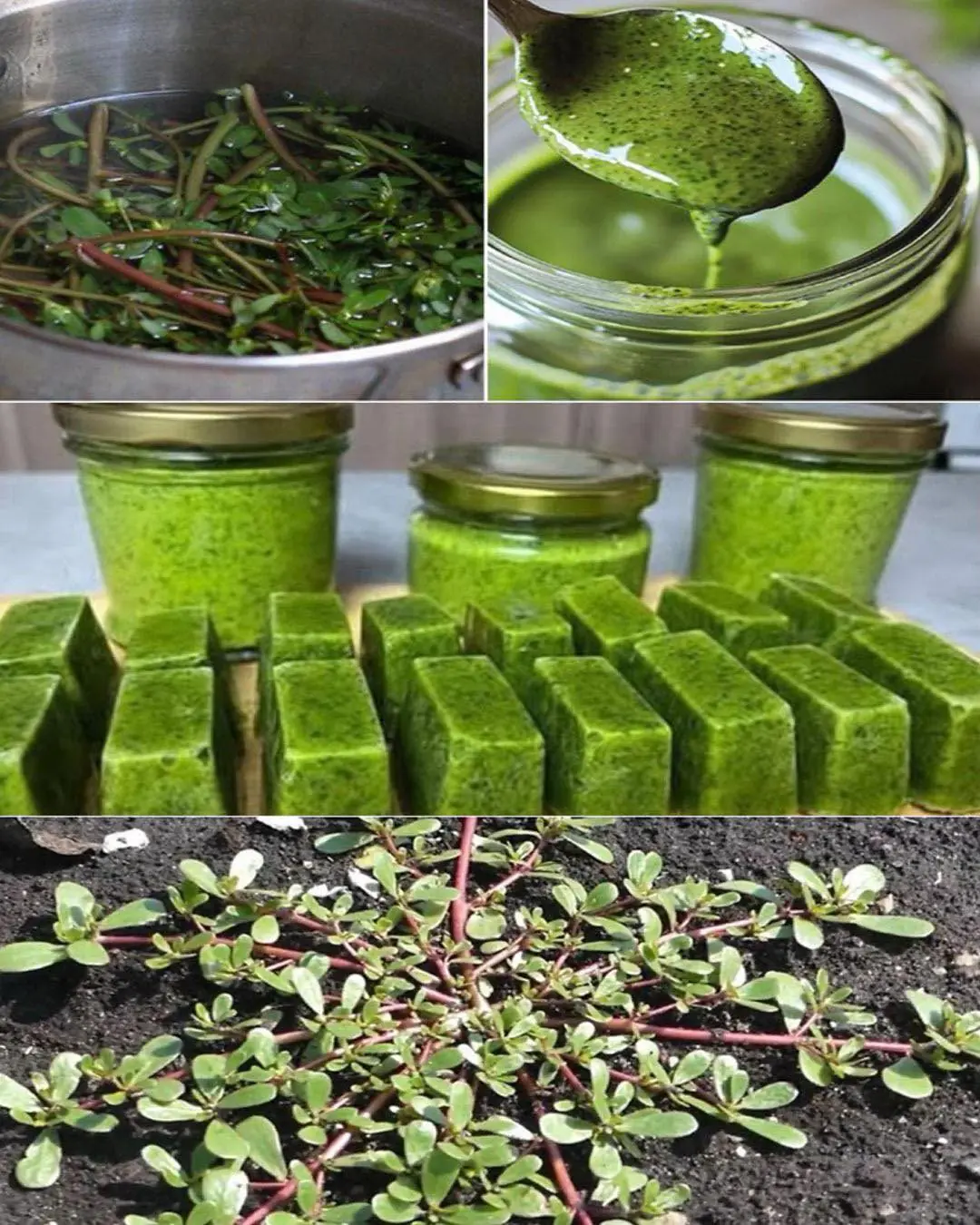
Purslane: The Superfood That Tastes Better Than Meat – 7 Reasons to Grow It in Your Garden

Papaya releases a milky sap, but most people don’t realize how important it is

Discover The Miraculous Benefits of Moringa
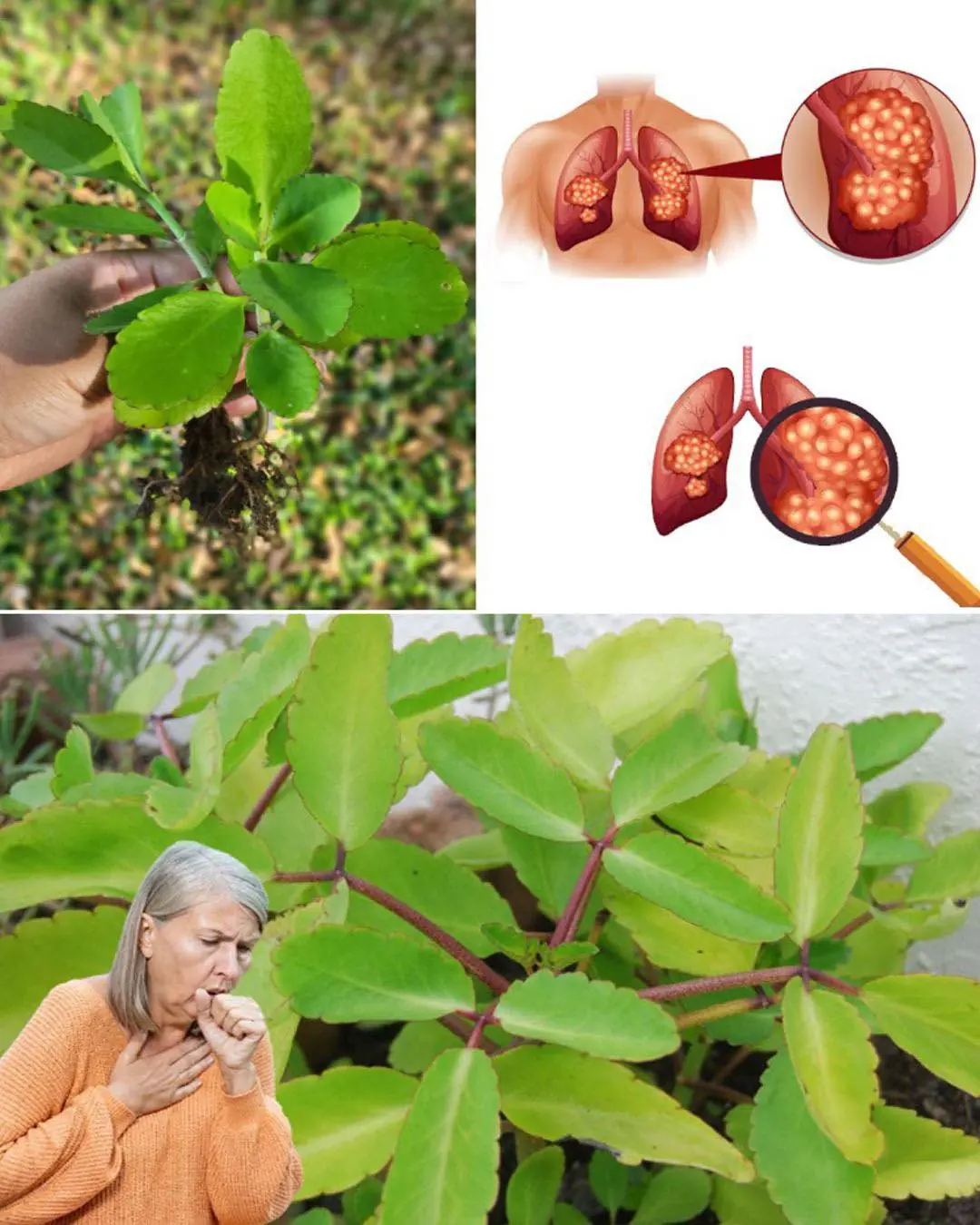
Bryophyllum Calycinum (Kalanchoe Pinnata): Benefits and Uses
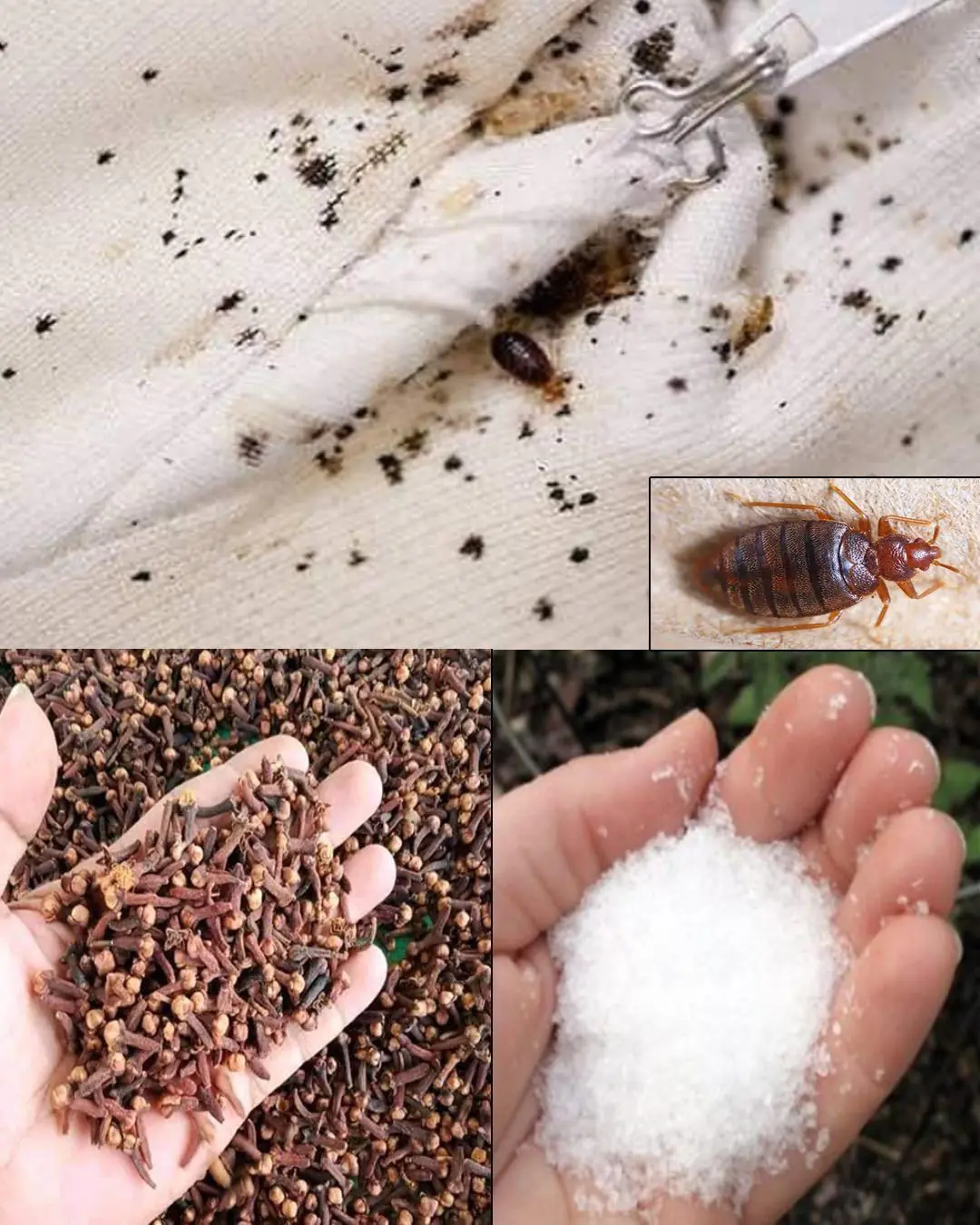
How to Quickly Get Rid of Bed Bugs, Cockroaches, Fruit Flies, and Other Insects Using Natural Ingredients
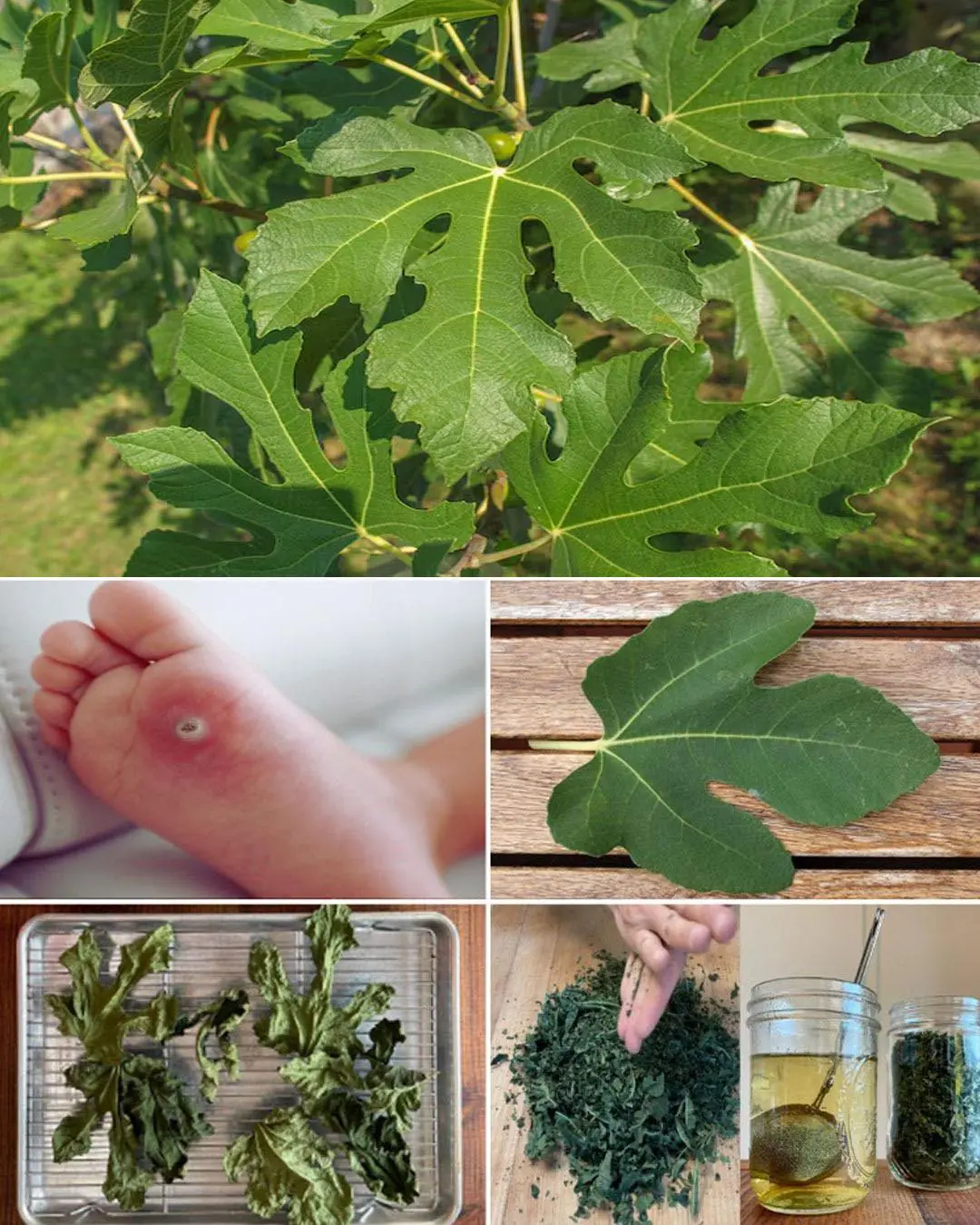
Fig Leaves: Surprising Benefits and Uses
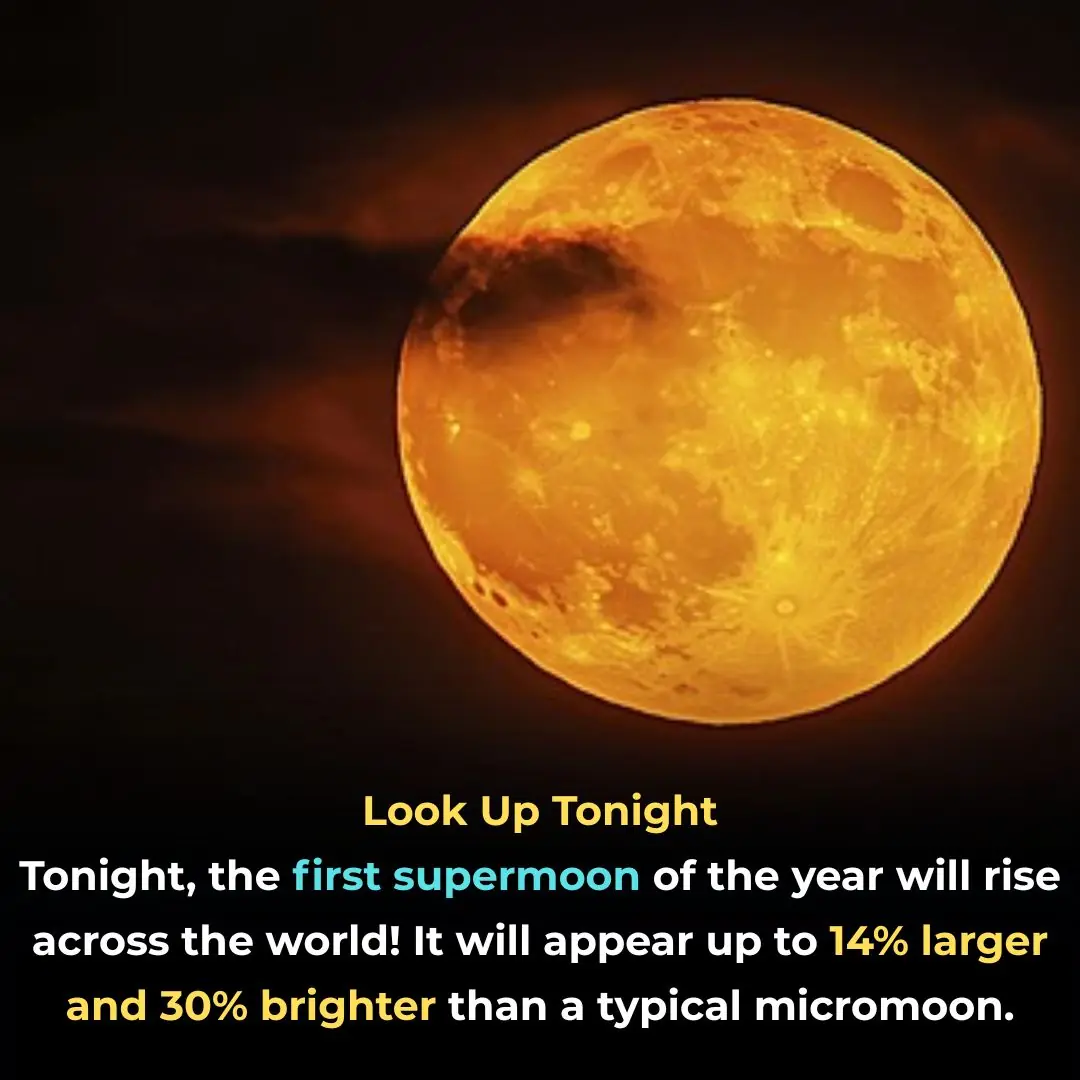
BREAKING NEWS 🚨 Due To This Hunter’s Moon Earth Will Be Completely…See More

BREAKING NEWS 🚨 Due To This Hunter’s Moon Earth Will Be Completely…See More

BREAKING NEWS 🚨 Due To This Draconid Meteor Shower Earth Will Be Badly Effected Because…..See More

BREAKING NEWS 🚨 Due To This Hunter’s Moon Earth Will Be Completely…See More

Almost 30,000,000 Apple and Samsung users could claim part of huge £480,000,000 payout

Xbox users all say same thing following GameStop's decision to keep Xbox Gamepass at $19.99

Apple just added a new app to iPhone with iOS 26 and most people have no idea

Creators of ChatGPT reveal 44 jobs at highest risk of being taken over by AI in future
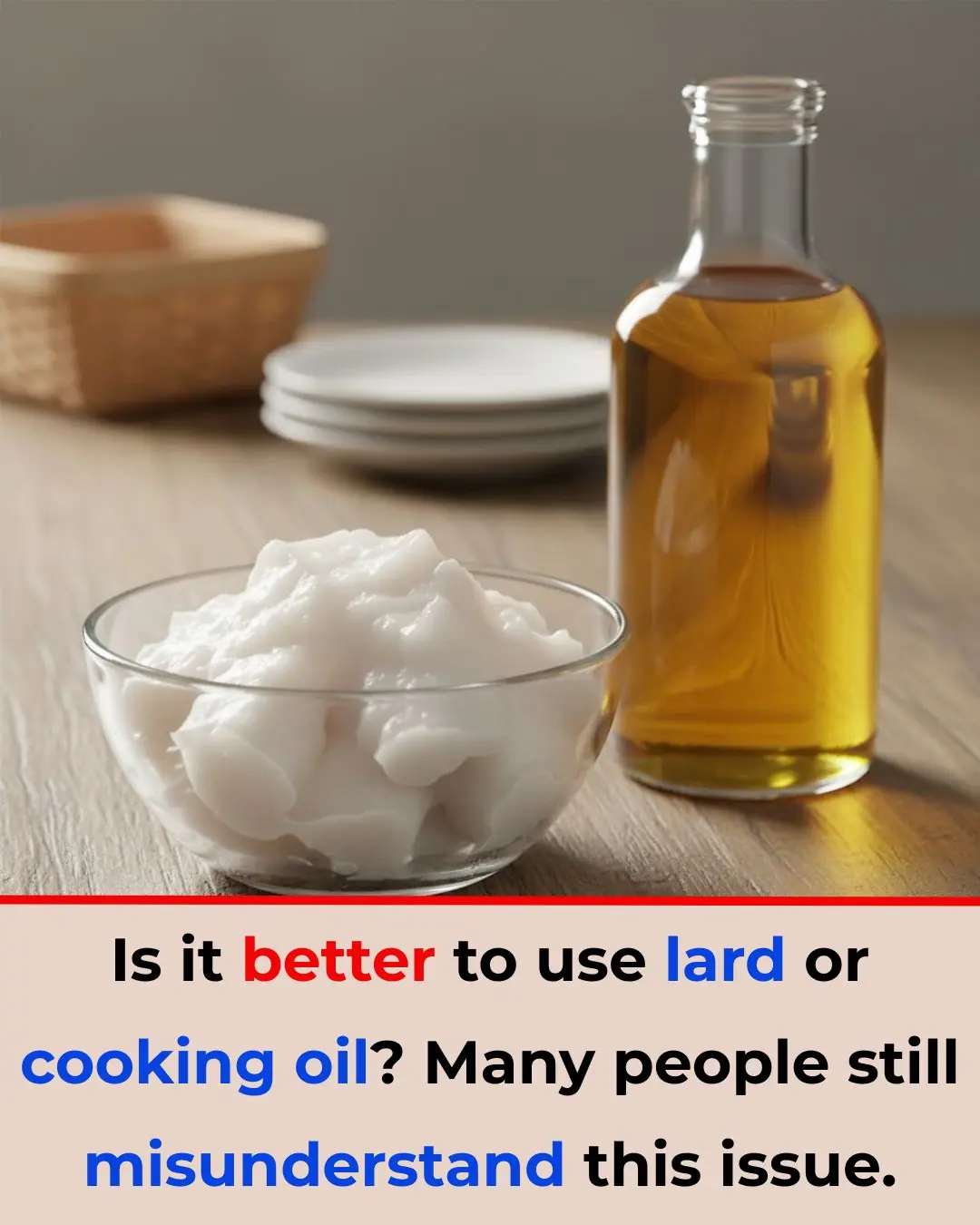
Lard vs. Cooking Oil: Which Is Better? Many People Still Misunderstand This Issue

Miraculous: Placing an Orange Beside Your Bed Can Surprisingly Improve Your Health
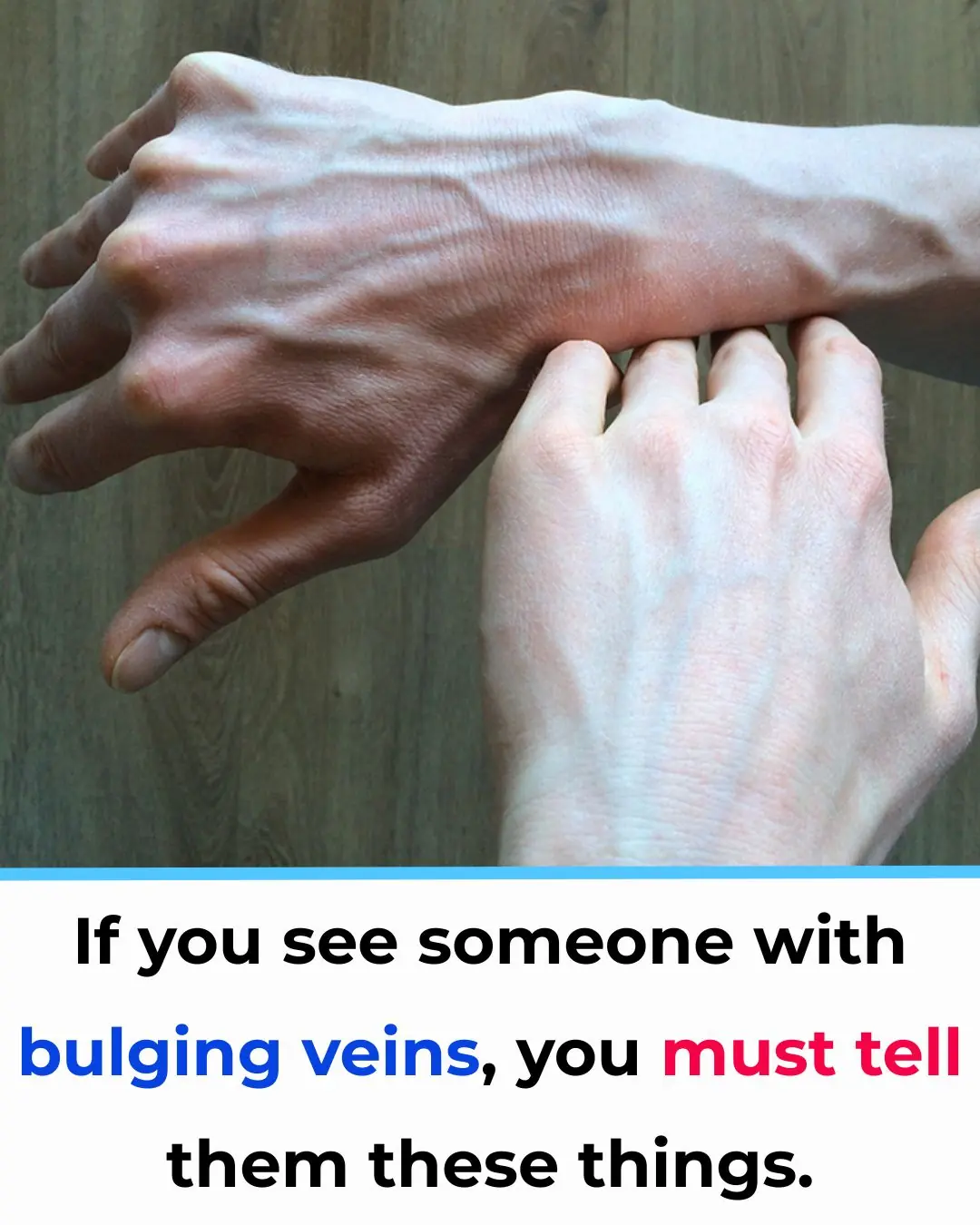
If You See Someone With Prominent Blue Veins, You Definitely Need to Tell Them This—It Could Save Their Life
